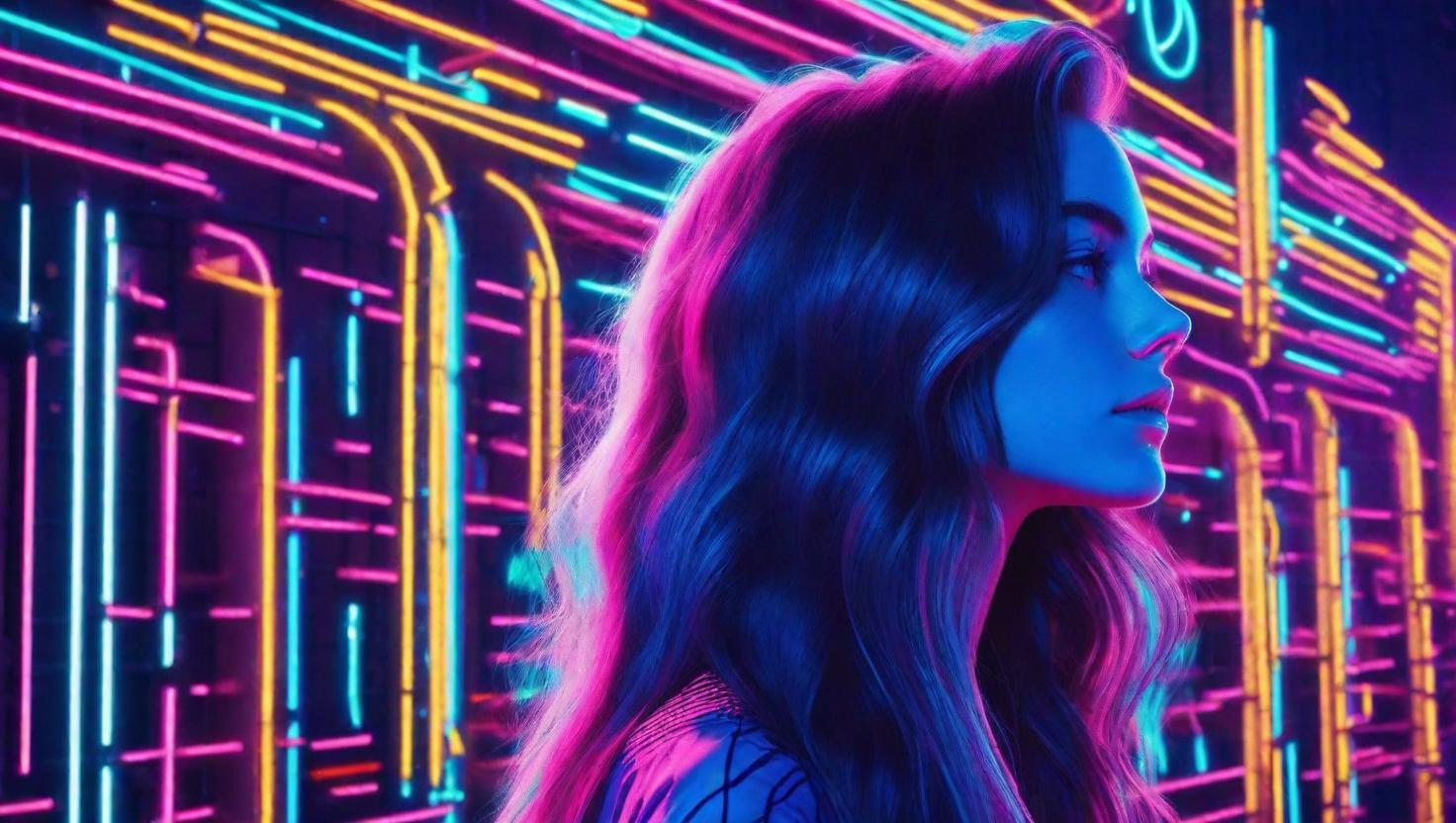In the design world, we’re at a pivotal moment. The evolution of AI is not just reshaping industries; it’s redefining the very essence of our creative processes. As a seasoned design professional, I’ve witnessed the transformative power of design and now, the stirring potential of AI. It’s time to envision how AI will revolutionize design in the next decade.
The Transformation of Design
Design has long been a dynamic field, but recent years have seen a fundamental shift. The role of design agencies is evolving, as we move from traditional models to becoming agents of transformation. This shift has been necessitated partly by the economic landscape and partly by the emerging opportunities in advertising and marketing. The essence of design is expanding beyond aesthetics to encompass a more holistic view of brand and user experience.
Enter the AI Revolution
The AI revolution is set to further accelerate this transformation. Jeffrey Katzenberg’s prediction at a Bloomberg conference about AI drastically reducing the cost and manpower required for animated films is just the tip of the iceberg. AI is poised to democratize and streamline the creative process, making high-level design more accessible and efficient.
But there’s more to AI’s impact than just efficiency. It offers a new lens through which we can view and solve design challenges. AI can analyze vast datasets to uncover insights that inform design decisions, predict trends, and even generate creative concepts.
AI as a Collaborator, Not a Replacement
As designers, our role is evolving from creators to orchestrators. AI doesn’t replace the designer; it enhances our capabilities. We can leverage AI to handle repetitive tasks, analyze user data, and even propose design iterations. This frees us up to focus on what we do best – infusing creativity and strategic thinking into our projects.
Reimagining Design Processes
In the next decade, we’ll see AI being seamlessly integrated into design tools and workflows. This integration will make design more iterative, responsive, and personalized. The traditional linear design process will give way to a more dynamic, AI-assisted model that’s constantly learning and adapting.
Design Thinking and AI: A Symbiotic Relationship
Design thinking has always been about empathy and understanding the user. AI can augment this by providing deeper insights into user behavior and preferences. In the future, design thinking won’t just be about human-centered design; it will be about AI-enhanced human-centered design.
The Future is Bright and Creative
As we embrace AI in design, the future looks bright and immensely creative. We’re stepping into a world where AI assists in creating more meaningful, personalized, and impactful design solutions. This is an exciting time for designers, and I encourage everyone in our field to explore the possibilities AI brings.
Let’s embark on this journey together, merging human creativity with AI intelligence to redefine what’s possible in design. It’s time to put creativity back into design again, powered by AI.


Leave a Reply